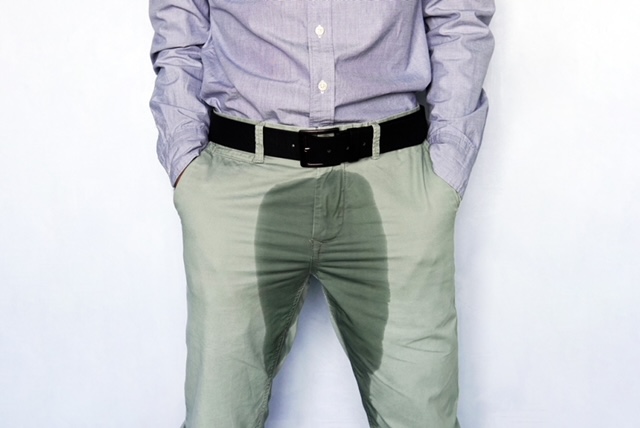Stress Incontinence
This is when you accidentally leak urine or faeces when there is increased intra-abdominal pressure.
Common aggravating activities
> Coughing
> Sneezing
> Lifting
> Running
> Jumping
> Standing up from a chair
Treatment
Often you will leak because there is a weakness in the pelvic floor muscles, urethra, or bladder neck. The evidence shows that pelvic floor strengthening is a successful treatment for stress incontinence and should be trialled prior to any further medical or surgical intervention.
The pelvic floor muscles sit at the base of the pelvis, attaching from the pubic bone to the tailbone. These muscles “squeeze and lift” which allows you to stay continent and to support all your pelvic organs (bladder and bowel).
To activate these muscles, try the following prompts:
> Imagine trying to hold in wind
> Imagine trying to stop the flow of urine
> Visualise walking in to cold water
> Try to lift the scrotum and retract the penis

